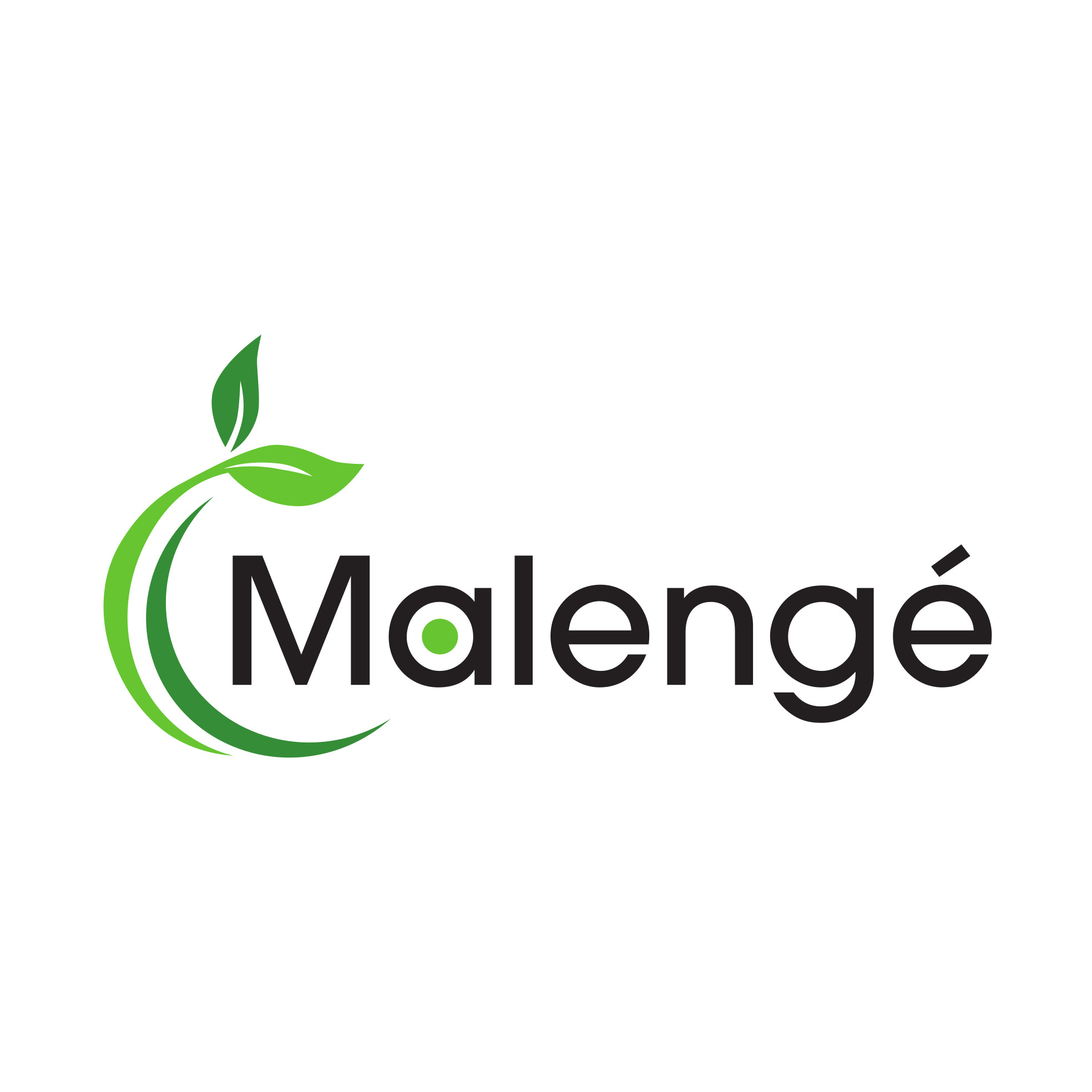



MALENGE

Hauts-de-France, France
July 2024
Other manufacturing
Manufacturing
France,
United Kingdom
Créée en 1908, l’entreprise Malengé, située dans les Hauts de France, propose une large gamme de produits imprimés en technologie offset. Dès les années 2000, elle se spécialise dans la fourniture d’emballages souples, en petites et moyennes séries sur des supports très variés tels que le papier, les films et les complexes… Malengé fabrique également des sachets préformés personnalisés (sachet stand-up, sachets soufflets...). L’entreprise a toujours eu à cœur de proposer des solutions d’emballages respectueuses de l’environnement. Cela se traduit dans différents domaines : dans sa chaine de fabrication avec le respect des normes Imprim Vert et FSSC22000, dans la chaine d’approvisionnement avec l’achat de papiers certifiés FSC (FSC-C184361) et par la fabrication d’emballages recyclables. L’entreprise est présente dans tous types de secteurs très différents tels que l’agroalimentaire, la cosmétique, l’industrie… Depuis 2019, Malengé développe une gamme d’emballages sans film plastique, possédant une empreinte carbone faible et répondant aux consignes de tri existantes (filière existante papier / carton).
Overall B Impact Score
Governance 14.8
Governance evaluates a company's overall mission, engagement around its social/environmental impact, ethics, and transparency. This section also evaluates the ability of a company to protect their mission and formally consider stakeholders in decision making through their corporate structure (e.g. benefit corporation) or corporate governing documents.
What is this? A company with an Impact Business Model is intentionally designed to create a specific positive outcome for one of its stakeholders - such as workers, community, environment, or customers.
Governance 14.8
Governance evaluates a company's overall mission, engagement around its social/environmental impact, ethics, and transparency. This section also evaluates the ability of a company to protect their mission and formally consider stakeholders in decision making through their corporate structure (e.g. benefit corporation) or corporate governing documents.
What is this? A company with an Impact Business Model is intentionally designed to create a specific positive outcome for one of its stakeholders - such as workers, community, environment, or customers.
Workers 29.5
Workers evaluates a company’s contributions to its employees’ financial security, health & safety, wellness, career development, and engagement & satisfaction. In addition, this section recognizes business models designed to benefit workers, such as companies that are at least 40% owned by non-executive employees and those that have workforce development programs to support individuals with barriers to employment.
Community 11.8
Community evaluates a company’s engagement with and impact on the communities in which it operates, hires from, and sources from. Topics include diversity, equity & inclusion, economic impact, civic engagement, charitable giving, and supply chain management. In addition, this section recognizes business models that are designed to address specific community-oriented problems, such as poverty alleviation through fair trade sourcing or distribution via microenterprises, producer cooperative models, locally focused economic development, and formal charitable giving commitments.
Environment 30.2
Environment evaluates a company’s overall environmental management practices as well as its impact on the air, climate, water, land, and biodiversity. This includes the direct impact of a company’s operations and, when applicable its supply chain and distribution channels. This section also recognizes companies with environmentally innovative production processes and those that sell products or services that have a positive environmental impact. Some examples might include products and services that create renewable energy, reduce consumption or waste, conserve land or wildlife, provide less toxic alternatives to the market, or educate people about environmental problems.
What is this? A company with an Impact Business Model is intentionally designed to create a specific positive outcome for one of its stakeholders - such as workers, community, environment, or customers.
Customers 3.2
Customers evaluates a company’s stewardship of its customers through the quality of its products and services, ethical marketing, data privacy and security, and feedback channels. In addition, this section recognizes products or services that are designed to address a particular social problem for or through its customers, such as health or educational products, arts & media products, serving underserved customers/clients, and services that improve the social impact of other businesses or organizations.